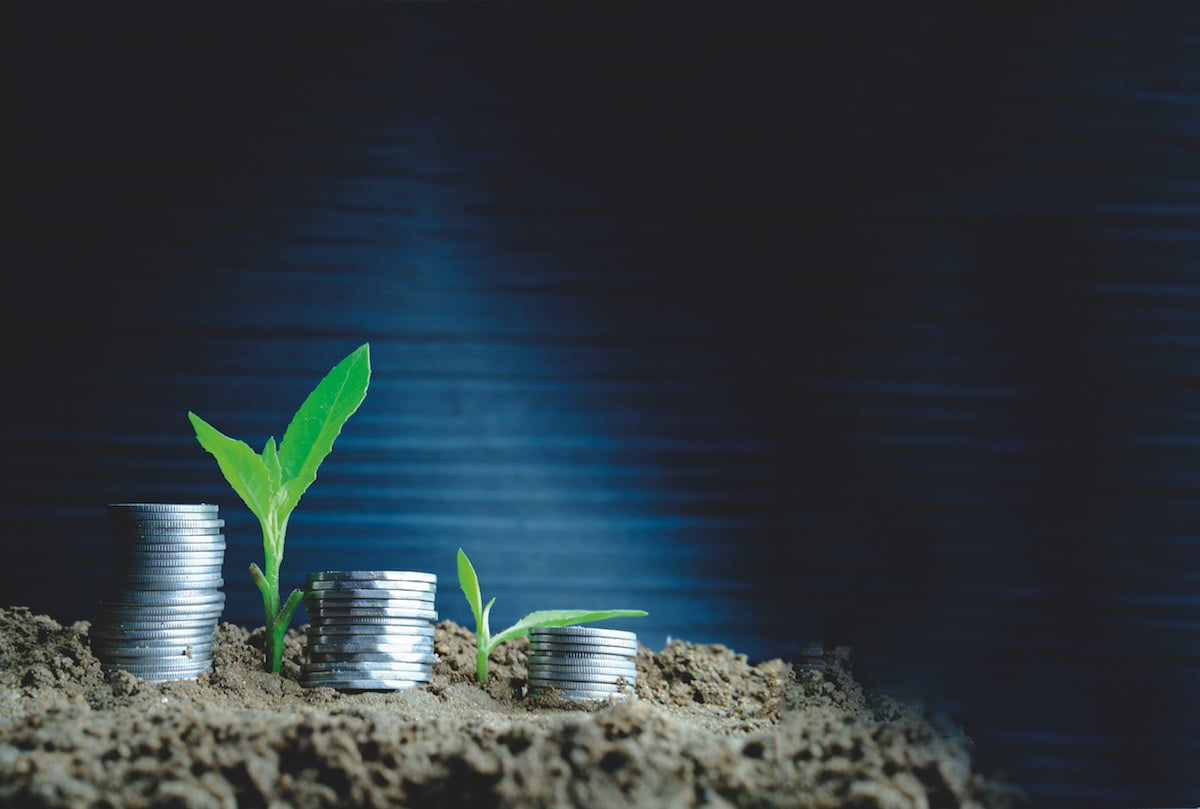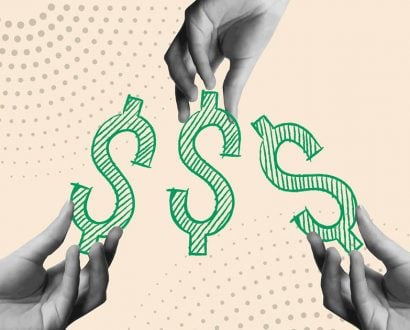In his 1962 book Capitalism and Freedom, Nobel laureate and economist Milton Friedman dismissed corporate social responsibility as a fundamentally subversive doctrine. “There is one and only one social responsibility of business – to use its resources and engage in activities designed to increase its profits,” he wrote.
Back then, it was accepted wisdom that all forms of responsible investing were incompatible with good returns. Over time, the picture has changed.
“Environmental, social governance (ESG) and ethical issues now sit alongside financial ones as critical components informing the investment decisions made by most professional investors,” says Simon O’Connor, CEO of Responsible Investment Association Australasia. “These issues have become a strong proxy for a well-managed company that will perform well as an investment over the medium to long-term.”
Investment, not charity
Responsible investments broadly exclude companies involved in controversial industries, such as tobacco. The sub-sector usually known as impact investing also aims for a positive effect on society and/or the environment. Neither is synonymous with philanthropy.
“There is an element of commercial self-interest and we argue strongly that impact investment by definition is not philanthropy,” says Stirling Larkin, Chief Investment Officer
of Australian Standfirst Asset Management, a thought leader for investor and philanthropic education. “The two shouldn’t be confused.”
In fact, there is mounting international evidence that investing responsibly makes financial sense. For example, a 2015 report by the Morgan Stanley Institute for Sustainable Investing showed that investing in sustainability has usually met, and often exceeded, the performance of comparable traditional investments.
A meta-analysis of 2,250 studies by researchers at the University of Hamburg found clear confirmation for the business case for ESG investing. And the Hang Seng Corporate Sustainability Index introduced by Hong Kong’s stock exchange reported that, over the past five years, 30 companies known for their early commitment to voluntary ESG disclosure outperformed the Hang Seng Index.
“This isn’t really surprising when you see that some of the significant share price movements in the past couple of years alone have been tied to matters that were traditionally deemed to be non-financial, such as reputational, governance and environmental issues,” says O’Connor. “After the emissions scandal, Volkswagen’s share price dropped by 30%.”
Thanks to statistics such as these, today’s responsible investors are just as likely to be motivated by profits as good intentions. “If you’re looking for maximum returns, that increasingly means investing in companies with strong ESG credentials,” says O’Connor.
An accelerating trend
KPMG’s ‘Responsible Investment Benchmark Report 2018’ found that responsible investments now represent 55% of all professionally managed assets in Australia, a total of A$622 billion.“Globally, the figure is about 25%,” says O’Connor. “Europe has been strong in this area and we’re also seeing activity in the UK, Canada and the US as well as Asia.”
According to ‘The Landscape for Impact Investing in Southeast Asia’ report, this region has been the world’s fastest-growing market in the past five years. “The countries across the region offer dynamic business environments with increasing entrepreneurial and investment activity focused on ensuring inclusive and sustainable economic development,” says Abhilash Mudaliar, Director of Research at Global Impact Investing Network, which produced the report in partnership with Intellecap Advisory Services.
“Historically, most capital for impact investing has originated from investors in North America or Western Europe, but a particularly promising trend is the growing participation of local investors, led by wealthy families and high-net-worth individuals. We expect this trend to expand rapidly across all investor segments in the coming years.”
For business leaders, these trends are doubly significant. “Beyond personal investment decisions, they’re a reminder that their own companies are under scrutiny,” says O’Connor. “Every day, responsible investors are analysing how well they’re managing the risks associated with health and safety, community engagement, environmental management, corporate governance, remuneration, human rights and climate change.”
The right options
The umbrella of responsible investing covers disparate options. For example, LeapFrog Investments delivers health care or financial services to millions of people across Asia and Africa.
The Bridges Social Impact Bond Fund provides support to charities and social enterprises that deliver intervention programs with social outcomes. And the Australian Chamber Orchestra Instrument Fund purchases instruments with the potential to increase in value for orchestra members to borrow and play.
“For 10 years we’ve been working to make it easy for individuals to find investments that match their own values, concerns, risk profile and life stage,” says O’Connor. “Our Responsible Investment Certification Program now provides standardised and consistent information so you can compare and contrast investment options that have been assessed and verified as responsible.
We have also developed responsiblereturns.com.au to help investors search by issues, options, asset classes or causes they would like to support.” So while CSR is inherent in most companies now, ESG might just be the next big thing that business should focus on and incorporate.







